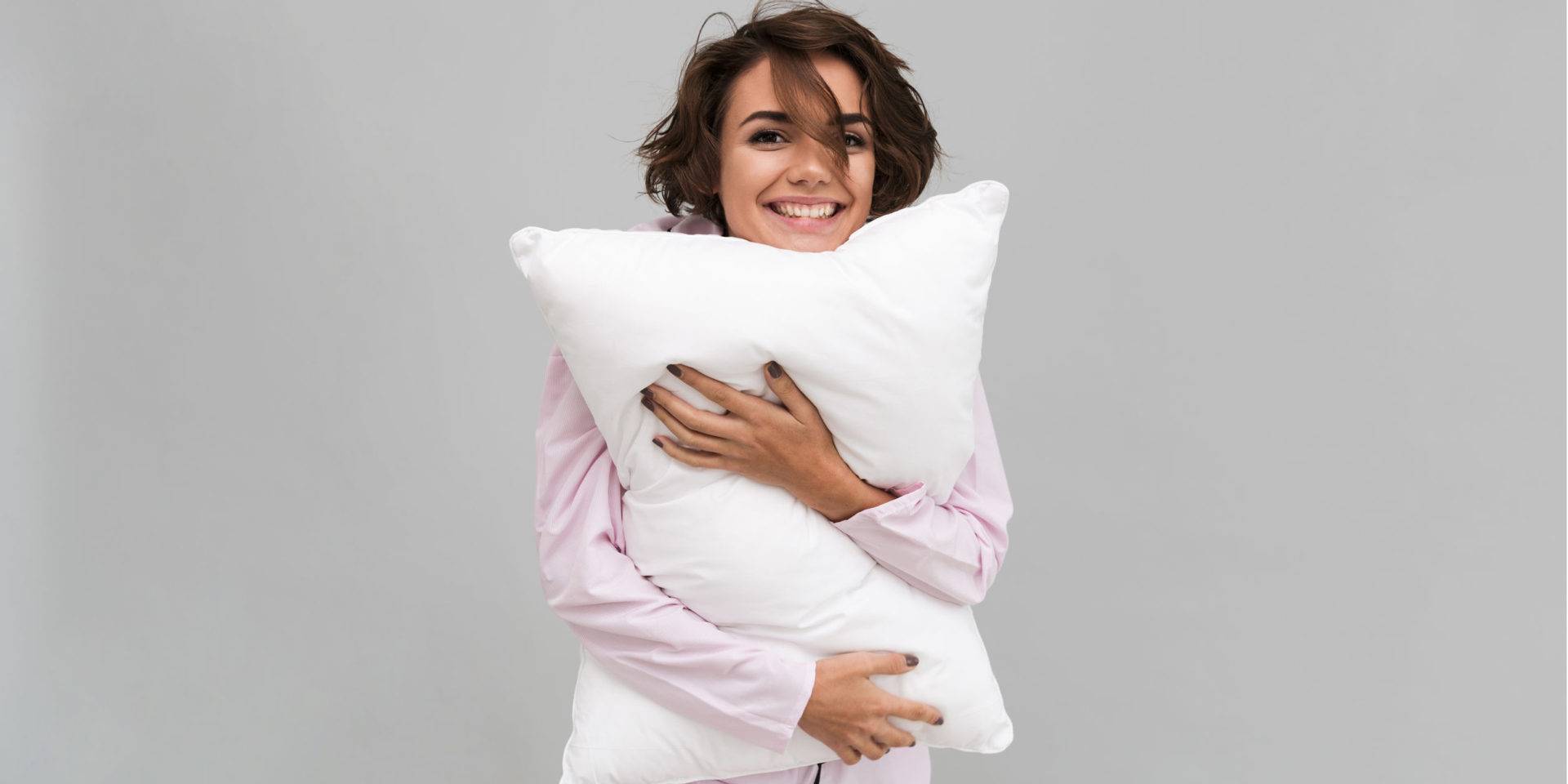Winter is here with its icy mornings, too-short days and chilly nights. But worse than the winter cold, is the winter head cold – or the dreaded winter flu.
With cold and flu season in full swing, what makes up your infection-fighting arsenal? Nose spray, cough medicine, throat lozenges, antibiotics and antivirals, with mega doses of vitamin C and homemade chicken soup thrown in for good measure?
While these are tried-and-trusted sickness busters, there’s another weapon we often fail to take seriously … sleep. It’s tempting when you’re laid low by winter colds and flu to spend the day binge-watching series on Netflix, but what your body needs most is sleep.
Good-quality sleep can make all the difference when it comes to fighting off the winter bugs in the first place, and getting back on your feet if you do fall prey to the winter sniffles.
SLEEP: the great immune booster
Sleep isn’t just a way to make the time you’re confined to your sickbed pass faster. It’s an essential part of getting better, helping your immune system fight the invasion by producing more infection-busting antibodies, and helping T-cells do their work.
A recent study published in the Journal of Experimental Medicine shows that sleep “improves the potential ability of some of the body’s immune cells to attach to their targets”, namely the viruses and other pathogens that make us sick. Put simply, sleep helps T-cells to fight infection. Lack of sleep and chronic stress have the opposite effect, making us more prone to getting sick.
Writing for the Mayo Clinic, Dr Eric Olson says studies show that people who don’t get enough sleep not only have a greater likelihood of picking up a virus, but also take longer to recover.
So if you want to stay healthier this winter, and ensure you recover as speedily as possible should the flu bug make it past your defences, be sure you’re getting enough good-quality shuteye.
FIVE TIPS TO MAXIMISE THE POWER OF SLEEP
Here are five tips to maximise the immune-boosting benefits and infection-fighting power of sleep helping you to fight off infection before it takes hold, and recover quicker if you do fall sick.
-
Your mattress matters
A mattress is more than just a slab of foam. Choose a mattress with good support and conformity to shape to your body and stop the heaviest parts of your body from sinking in. This will keep your spine well aligned to prevent discomfort and pain, which could lead to poorer sleep. Also look for a mattress with motion separation qualities, to keep your partner’s movements from disturbing you, for a more restful, regenerative sleep.
-
Pillow support
Keep neck pain from disrupting your sleep. Team a supportive mattress with a good-quality pillow, to keep your head and neck supported and aligned with your spine.
-
A cool sleep is a more restful sleep
For optimal sleep and recuperative rest, keep your room between 16 and 19 degrees Celsius, which in most South African homes, makes winter the ideal time to get some good sleep.
-
Manage the fever sweats
Modern medicine has taught us that the wrong way to handle a fever is to sweat it out. Keeping cool is key, so make yourself more comfortable by choosing sheets with moisture-wicking properties. Natural fabrics like cotton and linen are good choices, or try Tencel, a new sleep technology fabric made from wood fibres.
Tencel has 50% greater moisture absorption properties than cotton, so will give you a cooler, drier sleep. Protect-A-Bed has a number of mattress and pillow protector ranges made of this keep-cool fabric, with a lining of waterproof yet breathable Miracle Membrane to keep perspiration from seeping into mattresses and pillows, leaving unsightly, smelly yellow stains.
-
Keep allergies at bay
Don’t let allergies add to your winter cold and flu woes. When you’re sick, your immune system is already working overtime and doesn’t need the additional stress of dealing with allergens. Yet while you’re recovering in bed, you could be exposing yourself to millions of dust mites, which are a major cause of allergic rhinitis and asthma.
An unprotected mattress can contain millions of these microscopic allergy triggers. The best way to reduce exposure to them is with allergy-proof mattress and pillow protectors. All Protect-A-Bed® protectors use Miracle Membrane that isn’t only impenetrable to liquids, but to dust mites too, making your bed a healthier place to recover in.






